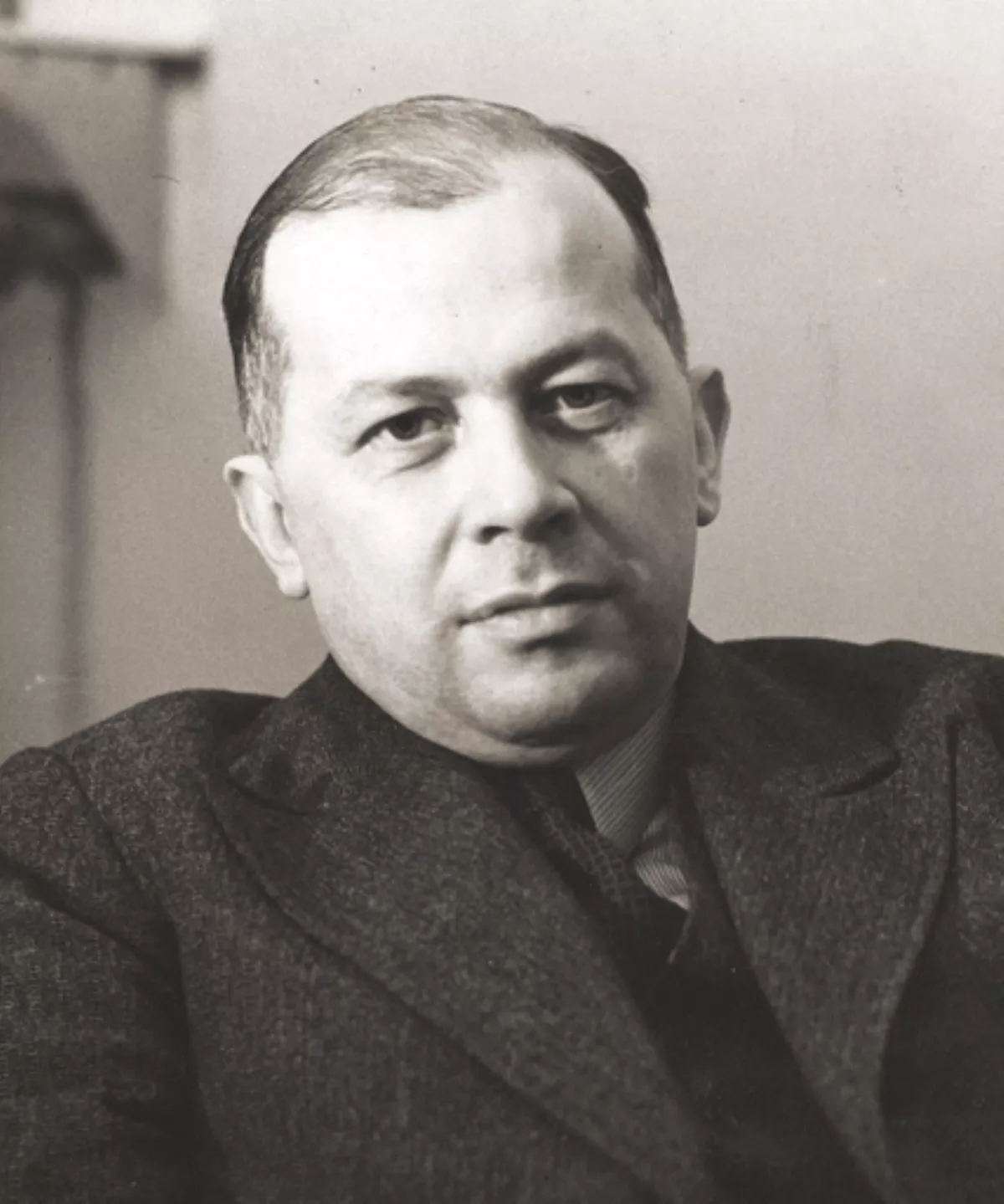 1.
1. Ferdynand Goetel was a Polish novelist, playwright, essayist, screen writer, and political activist; member of the prestigious Polish Academy of Literature from 1935; president of the Polish PEN Club as well as the Union of Polish Writers in interwar Poland.